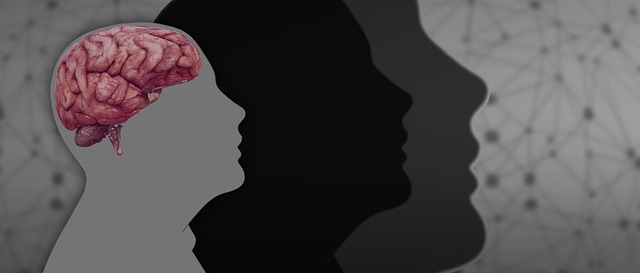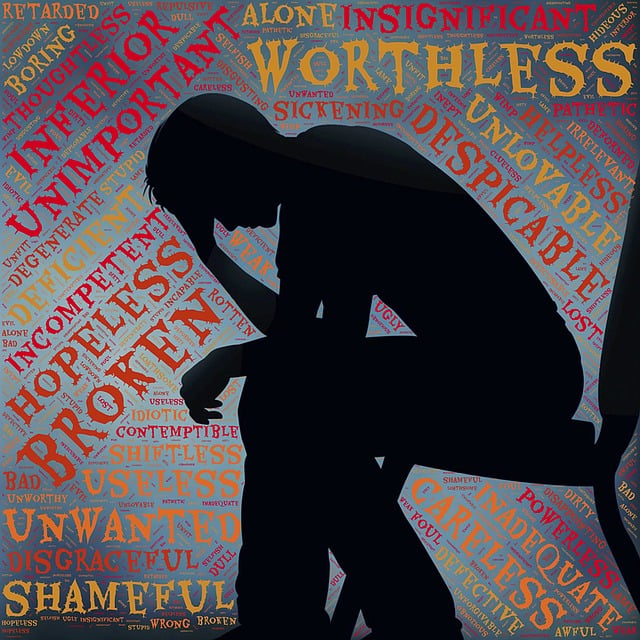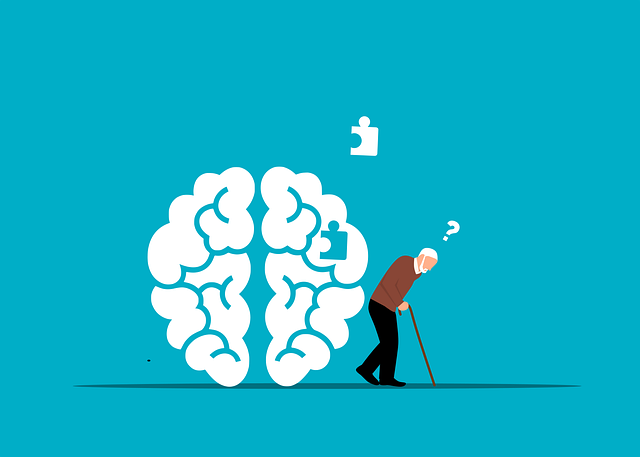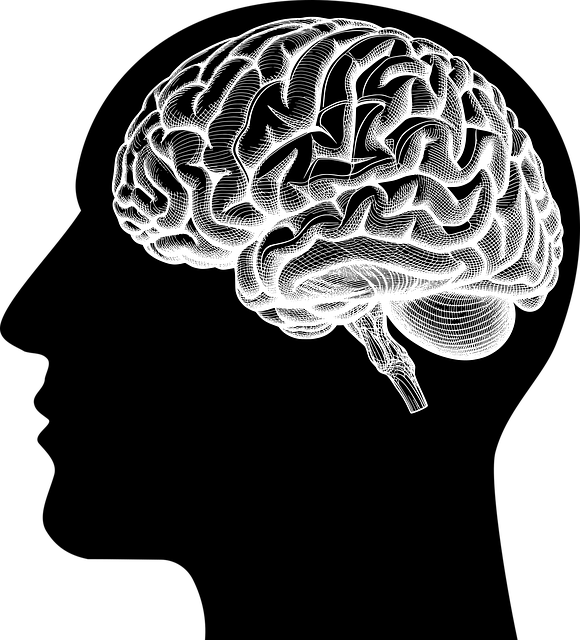Mental health and chronic pain are closely intertwined, with Longmont Chronic Pain Therapy emphasizing integrated treatment. Their approach combines cognitive-behavioral therapy, self-care practices, and Mind Over Matter principles to holistically address both physical symptoms and mental health challenges. An effective education program should balance medical insights with psychological interventions, incorporating techniques like conflict resolution, communication strategies, mindfulness meditation, and stress management. These comprehensive strategies empower individuals to manage pain, reduce social isolation, and enhance overall well-being through community support and expert partnerships.
“Explore the transformative power of mental health education with our comprehensive guide, focusing on Longmont Chronic Pain Therapy. This article delves into the intricate process of designing effective programs that address both mental health and chronic pain. We offer a detailed overview, from understanding the nuances of these conditions to implementing successful initiatives in the community. By examining key components and strategic launch plans, this piece empowers professionals and caregivers to create supportive environments, ultimately enhancing Longmont Chronic Pain Therapy outcomes.”
- Understanding Mental Health and Chronic Pain: A Comprehensive Overview
- Designing an Effective Education Program for Longmont Chronic Pain Therapy
- Key Components of a Successful Mental Health Education Initiative
- Implementation Strategies: Launching and Sustaining the Program in a Supportive Community
Understanding Mental Health and Chronic Pain: A Comprehensive Overview

Mental health and chronic pain are intricately linked, often co-occurring and requiring integrated treatment approaches. Chronic pain, defined as pain persisting beyond the normal expected duration of an injury or illness, can significantly impact a person’s mental well-being. It can lead to increased stress, anxiety, and depression, affecting one’s ability to function daily. Understanding this complex relationship is essential for developing effective programs that address both aspects holistically.
The Mind Over Matter principles emphasize the power of mental resilience in managing pain. By incorporating emotional healing processes such as cognitive-behavioral therapy, individuals can reframe their perception of pain and develop coping strategies. Additionally, Self-Care Practices tailored to chronic pain patients are vital, promoting physical activities, relaxation techniques, and mindfulness exercises to enhance overall well-being. Longmont Chronic Pain Therapy, for instance, integrates these practices into its program design, offering a comprehensive approach that supports individuals in managing both their physical symptoms and mental health challenges effectively.
Designing an Effective Education Program for Longmont Chronic Pain Therapy

Designing an education program for Longmont Chronic Pain Therapy requires a nuanced approach to empower individuals managing persistent pain. The curriculum should balance medical insights with psychological interventions, fostering both physical and mental well-being. By integrating evidence-based practices like Conflict Resolution Techniques and Communication Strategies, the program can help participants navigate the challenges of chronic pain. These strategies promote healthier interactions with pain, improving quality of life.
Furthermore, incorporating Mind Over Matter Principles allows individuals to understand and harness the power of their mental state in managing pain. This cognitive aspect is crucial for developing resilience and coping mechanisms. Through interactive workshops and group discussions, participants can learn to reframe thoughts, cultivate positivity, and adopt a more proactive mindset—key components for successful Longmont Chronic Pain Therapy.
Key Components of a Successful Mental Health Education Initiative

A successful mental health education initiative, like those offered by Longmont Chronic Pain Therapy, should incorporate several key components to effectively reach and support individuals. Firstly, Social Skills Training is vital; teaching essential communication and interpersonal skills can foster a sense of belonging and reduce social isolation, which are crucial for maintaining positive mental well-being. This includes techniques for active listening, assertiveness, and conflict resolution, as learned through role-playing scenarios that mimic real-life interactions.
Additionally, Conflict Resolution Techniques and Empathy Building Strategies play a significant role in promoting healthy relationships and reducing stress. By equipping individuals with tools to manage conflicts constructively and cultivate empathy, these initiatives enhance social connections, reduce anxiety, and foster an inclusive environment. Such programs ultimately contribute to improved mental health outcomes, as evidenced by reduced symptoms of depression, anxiety, and other common mental health challenges.
Implementation Strategies: Launching and Sustaining the Program in a Supportive Community

Implementing a mental health education program requires strategic planning to ensure its successful launch and sustained impact within a supportive community. One key strategy is to partner with local organizations, such as Longmont Chronic Pain Therapy centers, that can provide expertise and reach individuals in need. These collaborations facilitate tailored programming accessible to diverse populations, fostering trust and engagement from the outset.
Additionally, leveraging evidence-based practices like Mindfulness Meditation and Stress Management techniques through workshops or group sessions can enhance emotional healing processes. By integrating these into community initiatives, residents gain valuable tools for coping with stress and improving overall well-being. Continuous evaluation and adaptation based on feedback are essential to sustaining the program’s relevance and effectiveness over time.
Mental health education programs, especially tailored for chronic pain management like those offered through Longmont Chronic Pain Therapy, are transformative. By integrating key components such as comprehensive overviews, community support, and effective implementation strategies, these initiatives can significantly improve mental well-being. The success of such programs relies on understanding the unique needs of individuals with chronic pain, fostering an inclusive environment, and ensuring sustained community engagement. With the right design and execution, these educational efforts can lead to profound positive changes in lives affected by chronic pain.














